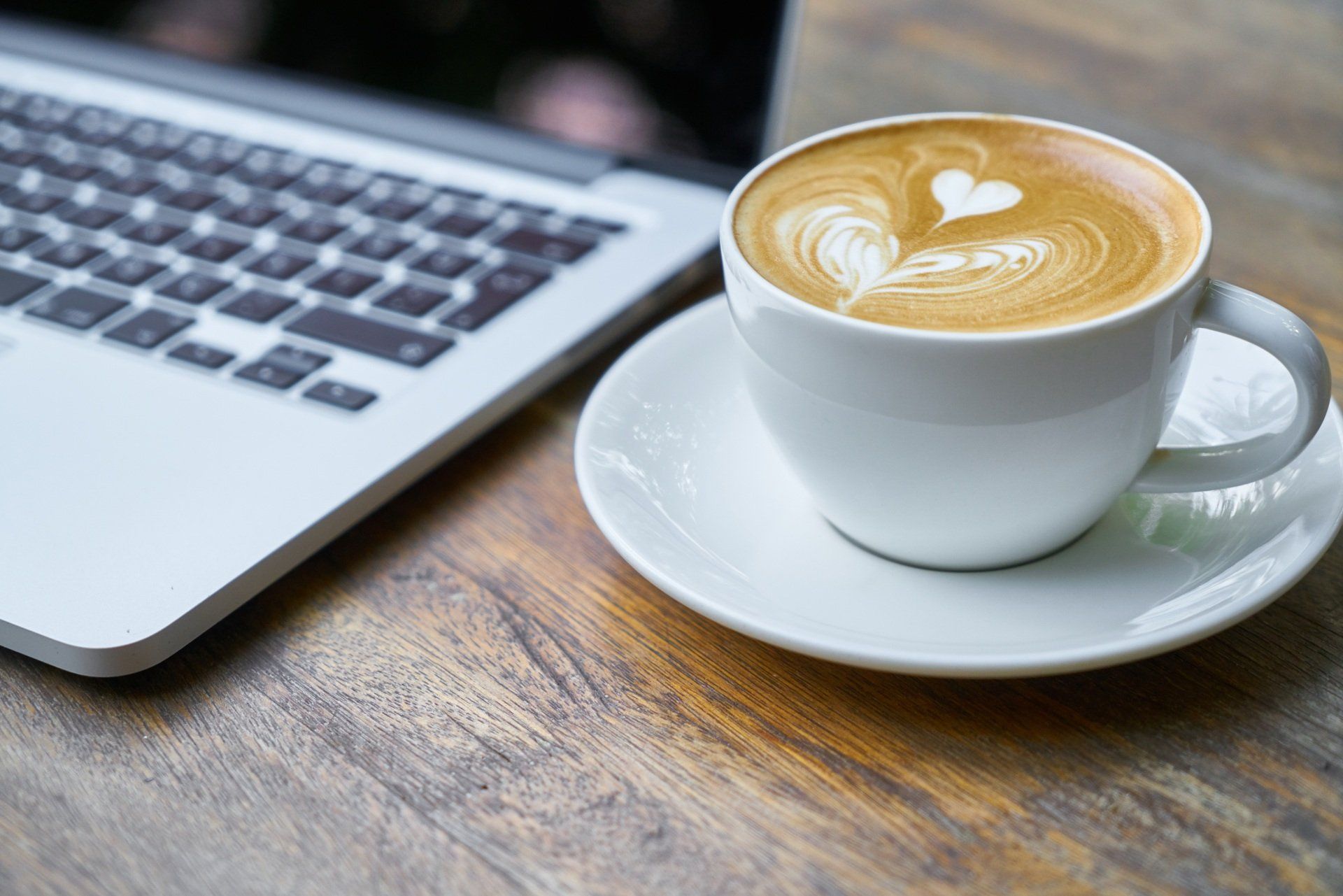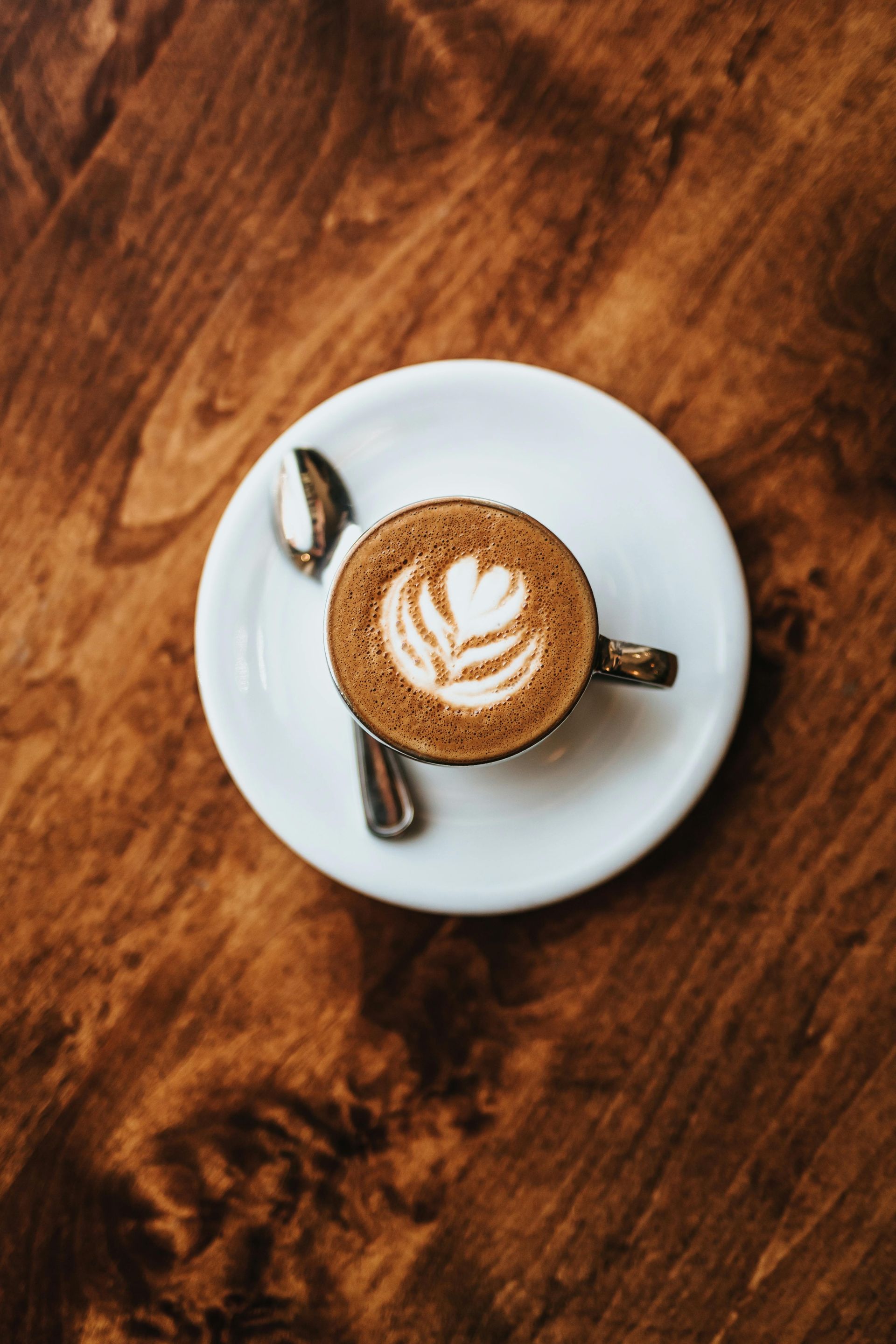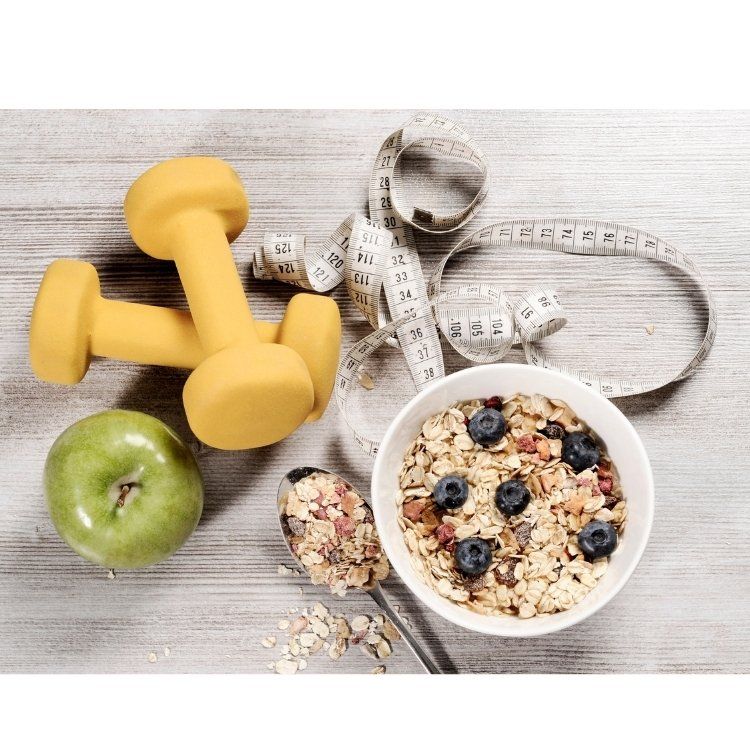How caffeine impacts your sleep
How does caffeine impact your sleep

DID YOU KNOW
Coffee is the second most traded commodity in the world after oil?
This is not surprising since most of us enjoy a daily cup of coffee. It’s consumption is however not without side effects as caffeine is potent drug and psychoactive stimulant. As such it’s overuse to overcompensate for the effects of sleep deprivation come with hefty price tag.
How does caffeine impact your sleep?
Drinking caffeine will interrupt your sleep drive which is determined by adenosine. The more you are awake the more adenosine builds up urging you to sleep after 16 hours of wakefulness. Drinking caffeine will block your adenosine receptors within 30 minutes of consumptions making you awake, alert and reducing your need to sleep.
While caffeine can keep you alert for an important task or event, drinking too much and at the wrong times can lead to issues falling and staying asleep, less deep sleep, and insomnia. This can leave you feeling more fatigued the next day facing problems with learning, memory, problem solving and emotion regulation.
DID YOU KNOW
Caffeine doesn’t reduce adenosine production just interferes with its binding to your brain. As adenosine continues building up and caffeine gets cleared, you will experience the dreaded caffeine crash sometime during the day.
Another mechanism through which caffeine affects your sleep is through melatonin suppression. You may be surprised to find out that caffeine reduces melatonin production even more than blue light. This increases the risk not only for poor sleep and a dysregulated circadian rhythm, but also weight gain, inflammation, poorer gut, and imbalanced hormones.
DID YOU KNOW
Caffeine can be very addictive for some of us depending on our genetics? Caffeine increases dopamine production which increases pleasure getting us hocked.
While caffeine is fast acting, it is also long lasting which is where the other problem lies. Caffeine only reduces by half after 5-7 hours. Meaning if you have a takeaway coffee at 4 pm which has about 300 mg of caffeine, 7 hours later at 11 pm you will still have 150mg of caffeine in your system keeping you awake and interrupting your sleep.
If you are the type that can drink an expresso and go to bed with ease you may be a fast metaboliser of caffeine or are very sleep deprived. As a fast metaboliser your liver clears caffeine much faster than someone who is a slow metaboliser. Despite this, your sleep quality will still be impacted leading to less deep sleep and reduced physical recovery. If you are a slow metaboliser then excess or a late cup of coffee will certainly lead to issues falling, staying asleep and getting a proper night’s rest.
DID YOU KNOW
Slow metabolisers of caffeine have a higher risk of experiencing a heart attack? This risk is increased by 60% after drinking more than 300mg of caffeine.
Another mechanism on how caffeine impacts your sleep relates to stress. Caffeine naturally spikes your stress hormones adrenaline and cortisol. Their function is to help you survive by making you feel energised, sharp and clear to escape danger. However, if you are already sleep deprived, overworked and stressed, drinking excess coffee will stress your body more and will worsen sleep, brain function and your health.
Summary
- The effects of caffeine aren’t felt immediately—it can take from 25-45 minutes for the caffeine boost to kick in.
- The effects of caffeine last in the body for several hours. It can take from 5-7 hours for the stimulant effects of caffeine to be reduced by one half.
- Caffeine can stress the body (when already stressed), reduces melatonin and can disrupt your circadian rhythm.
Anca Vereen is an Integrative Dietitian and Nutritionist, Psychotherapist, Breathing Coach and Nutrigenomics specialist who specialises in gut health, autoimmunity, weight loss, stress management and creating a balanced lifestyle. For more details on losing weight, getting proper sleep and getting healthy please visit my weight loss program https://www.ancavereen.com/weight-loss-program
For more details on sleep and caffeine pls visit https://sleepeducation.org/sleep-caffeine/




